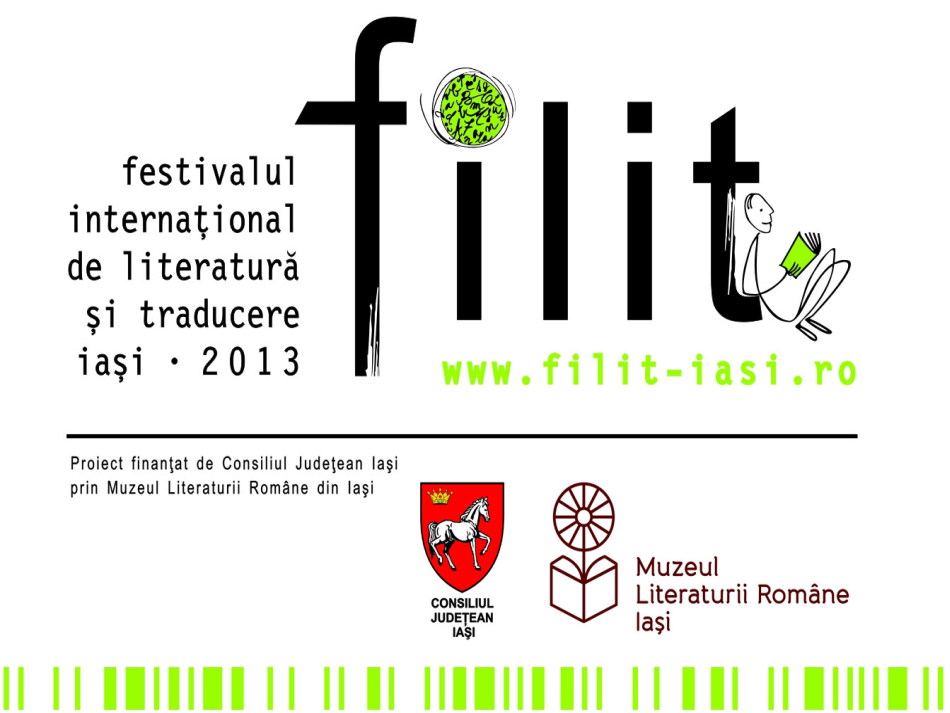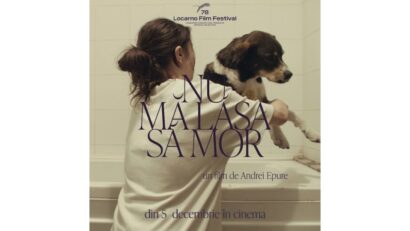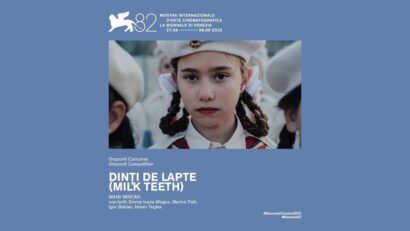The International Literature and Translation Festival
The first edition of the International Literature and Translation Festival was held in October in Iasi.

Corina Sabău, 23.11.2013, 16:52
The first edition of the International Literature and Translation Festival (FILIT), held at the end of October in the city of Iasi, in northeastern Romania, enjoyed the participation of 200 writers and of over 12,000 spectators. The Festival gathered in Iasi great names of the contemporary literature as well as renowned translators. Passionate readers had the opportunity to learn how novels are written, how one can make a living out of writing and how one can become a successful translator.
The International Literature and Translation Festival proved, from its first edition, that it can safely be counted among the world’s top cultural events, something confirmed by Ulrich Schreiber, the founder and director of the Berlin International Literature Festival, one of the most prestigious cultural events in Europe. “The public has been extraordinary and that took international press a little bit by surprise. Nobody has imagined that Iasi, a city they never heard of before, can host such an event. I must admit I was surprised too, the festival’s manager, writer Dan Lungu said on the last night of the event.
Dan Lungu: “In short, the event exceeded my expectations, in the sense that institutions, the public, and the press highly supported the festival. This is a professional festival; it has ambitious goals and enjoys the participation of many people. I can safely say that the Iasi International Literature and Translation Festival is by no means lower in standards than the important festivals in Europe.”
Writer Florina Ilis:
Florina Ilis: “On the second day of the festival I had a meeting with the students of the Mihai Eminescu National College, and in Pascani I held a reading and Q&A session with students, in which writer Radu Pavel Gheo also took part. Of course, I participated in all the other events, I wanted to make it to as many as possible, because there were plenty to choose from and all of them were very well organized.”
Poet Mircea Dinescu also took part in the Iasi Literature and Translation Festival :
Mircea Dinescu: “It was nice, there were a lot of people and they responded to what I was reading. Usually these meetings are rather boring, but this one was quite funny. There are various kinds of poems, some of them are appropriate for public readings, and others should only be read at home, alone. So it’s a good thing that the guests included poets who were quite different from each other, both in terms of personality and writing style.”
Writer Adriana Bittel said:
Adriana Bittel: “I find it a great success thanks both to the quality of guest writers and to the unexpectedly high interest of the public. It was extraordinary for me to see a public made up of hundreds of people of all age categories interested in meeting the writers whose books they read. For a writer, the greatest satisfaction is to see that people are interested in his or her work. The organizers of the festival did a great job, I was very happy”.
Since young people were the focus of the festival, it’s them who had the last say: a jury made up of 20 students, representing the top highs schools of Iasi voted the “Most endeared book of 2012”. The prize, worth 3,500 lei, went to the novel “Omar the blind” written by Daniela Zeca and published by the Polirom publishers. The project was initiated by the Iasi County School Inspectorate. The other novels nominated for the “Most endeared book of 2012” prize were: “The brown eye of our love” by Mircea Cartarescu published by the Humanitas publishers, “Luiza Textoris” by Corin Braga released by the Polirom publishing house, “The genocide chronicles” by Radu Aldulescu issued by the Cartea Romaneasca publishers and “All the owls” by Filip Florian released by Polirom.
“The International Literature and Translation Festival is held because Romanian literature deserves it. It’s a very good period for the books of Romanian writers as well as for the films produced by Romanian directors, despite the economically unfavorable period” said Jan Willem Bos, a translator from the Netherlands. Translator Laure Hinckel from France also praised the festival quality: “The existence of this festival is salutary. It is held in the countryside, without any support from the center, it’s a festival with many volunteers and programs tailored to the recipients, to the readers, to the young people”.






























